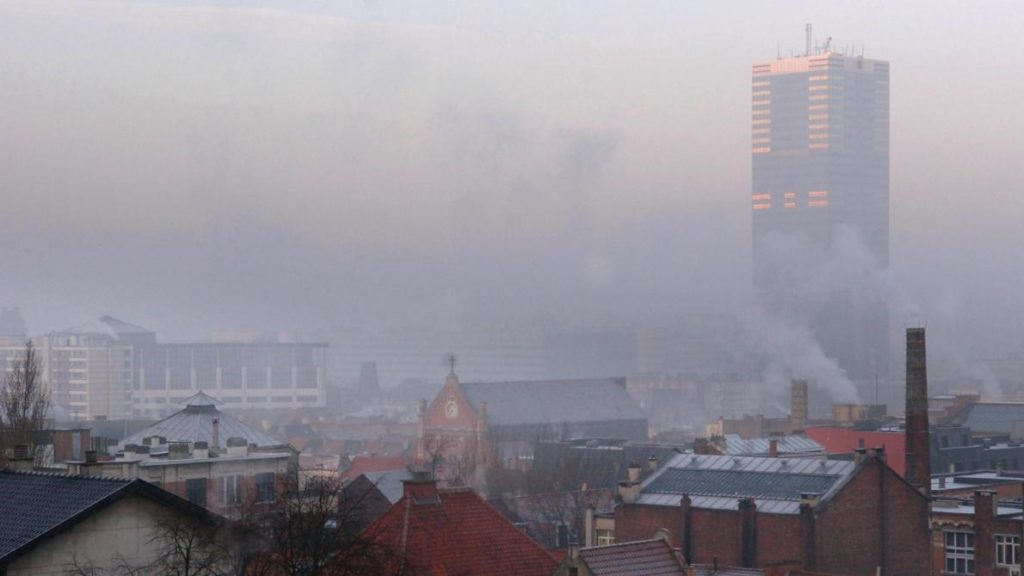Pollution kills more than people each year than war, terrorism, drugs, or alcohol, according to data published in the Lancet medical journal on 17 May.
In 2019, pollution was responsible for the premature death of 9 million people worldwide, a figure which researchers say is deteriorating. Poor air quality, chemical pollutants, and the presence of lead, which are all by-products of human activity on earth, are having a significant negative impact on our health.
Following on from a similar study four years ago, researchers state that little has changed and that the situation continues to deteriorate. Now, around one in six premature deaths in the world are linked to pollution.
Pollution is not a quick killer, rather chemicals and irritants released into the air, water, and soil are slowly absorbed into our body, leading to long-term cumulative illnesses such as heart disease, cancer, and respiratory problems.
“The health effects remain enormous, and low- and middle-income countries are bearing the brunt of them,” says Richard Fuller, lead author of the study and co-director of the Lancet Commission on Pollution and Health.
These countries account for 92% of all deaths and also experience elevated financial losses, chiefly through increased social and medical costs.
“Attention and funding have increased only marginally since 2015, despite a well documented increase in public concern about pollution and its health effects,” Fuller laments.
Related News
- Brussels and London: Sister cities in sustainability?
- Noise pollution: More locals affected by air traffic from Brussels Airport
In Belgium, air pollution alone caused 7,500 premature deaths in 2019, according to the European Environment Agency.
Across the EU, 307,000 people died in 2019 due to fine particulate matter exposure, and a further 40,400 premature deaths were attributed to chronic nitrogen dioxide exposure.

